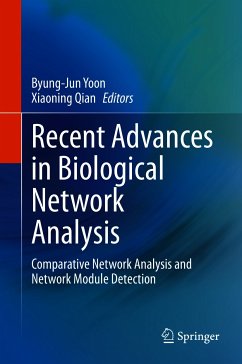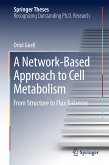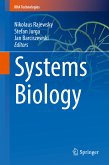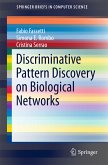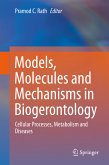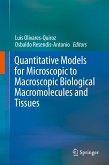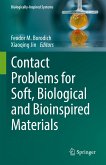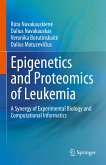Recent Advances in Biological Network Analysis: Comparative Network Analysis and Network Module Detection will serve as a great resource for graduate students, academics, and researchers who are currently working in areas relevant to computational network biology or wish to learn more about the field. Data scientists whose work involves the analysis of graphs, networks, and other types of datawith topological structure or relations can also benefit from the book's insights.
Dieser Download kann aus rechtlichen Gründen nur mit Rechnungsadresse in A, B, BG, CY, CZ, D, DK, EW, E, FIN, F, GR, HR, H, IRL, I, LT, L, LR, M, NL, PL, P, R, S, SLO, SK ausgeliefert werden.

